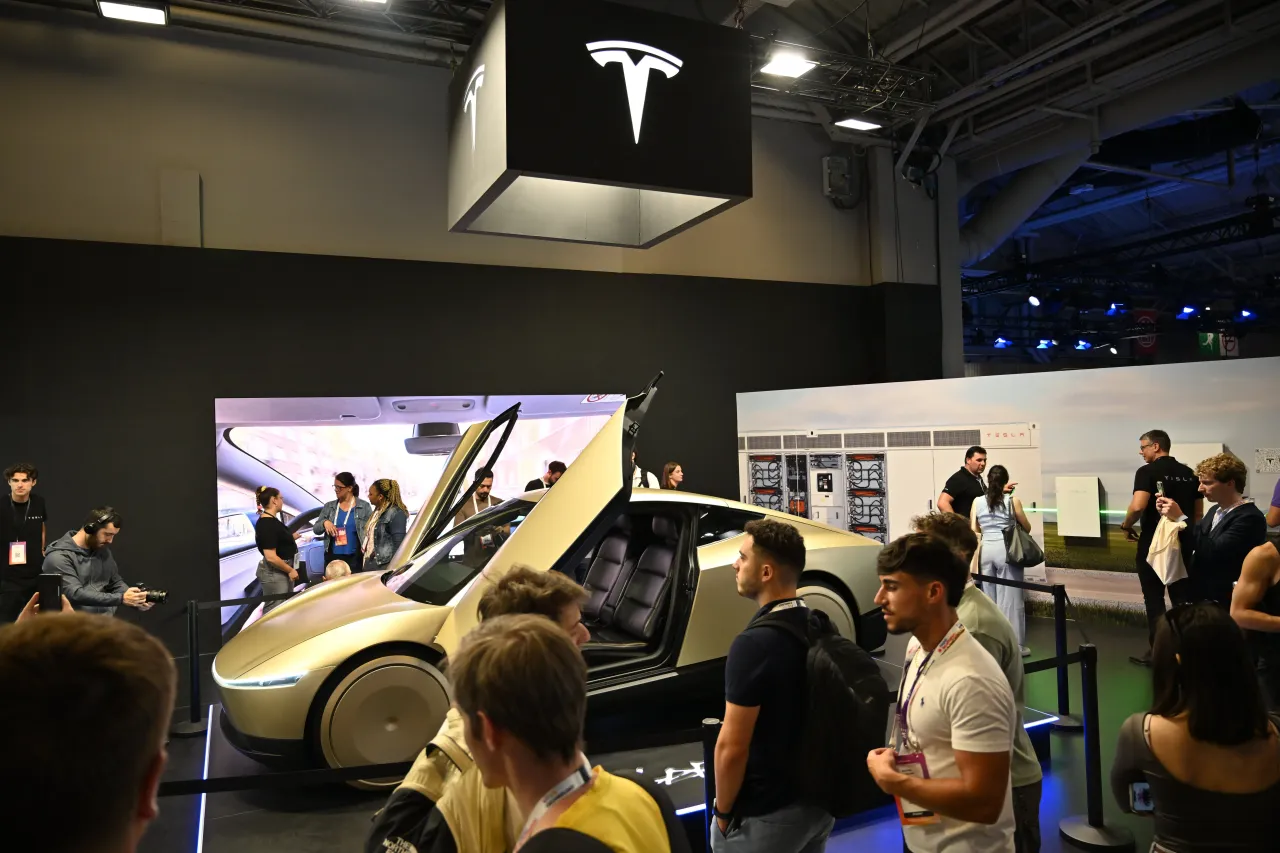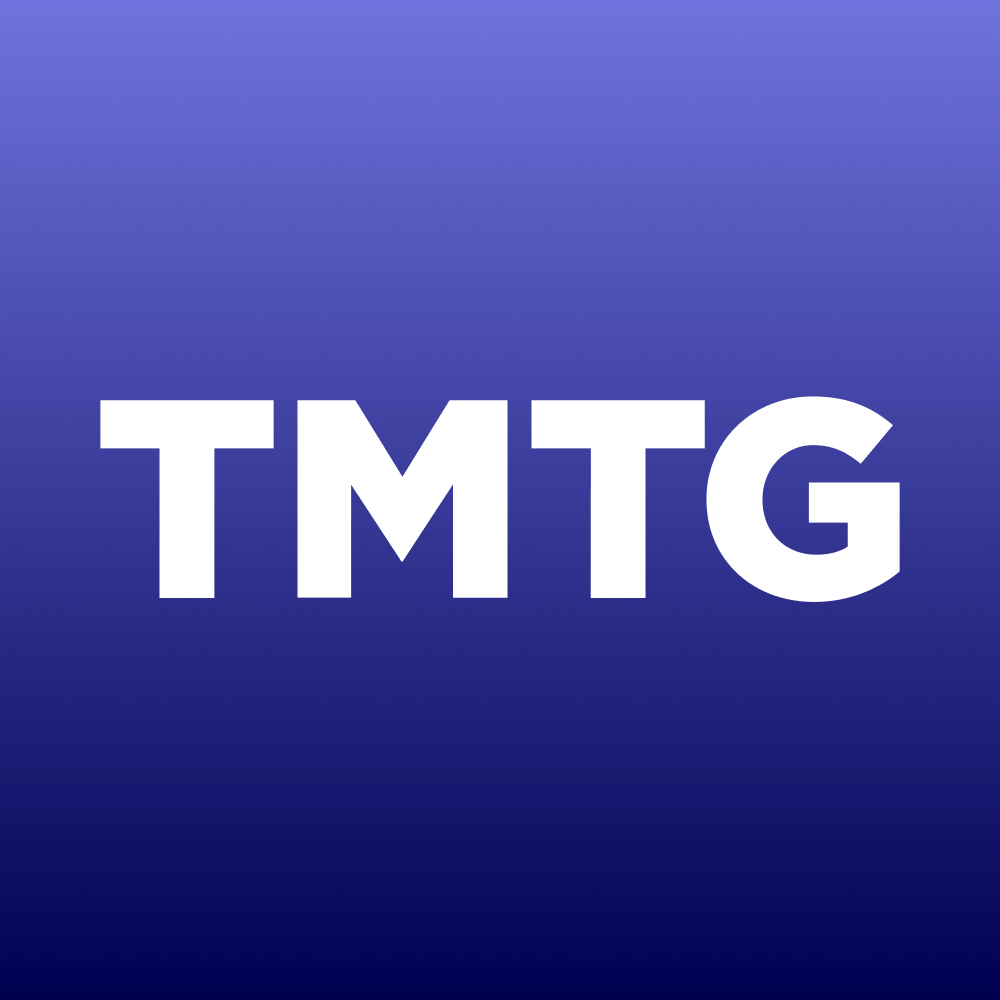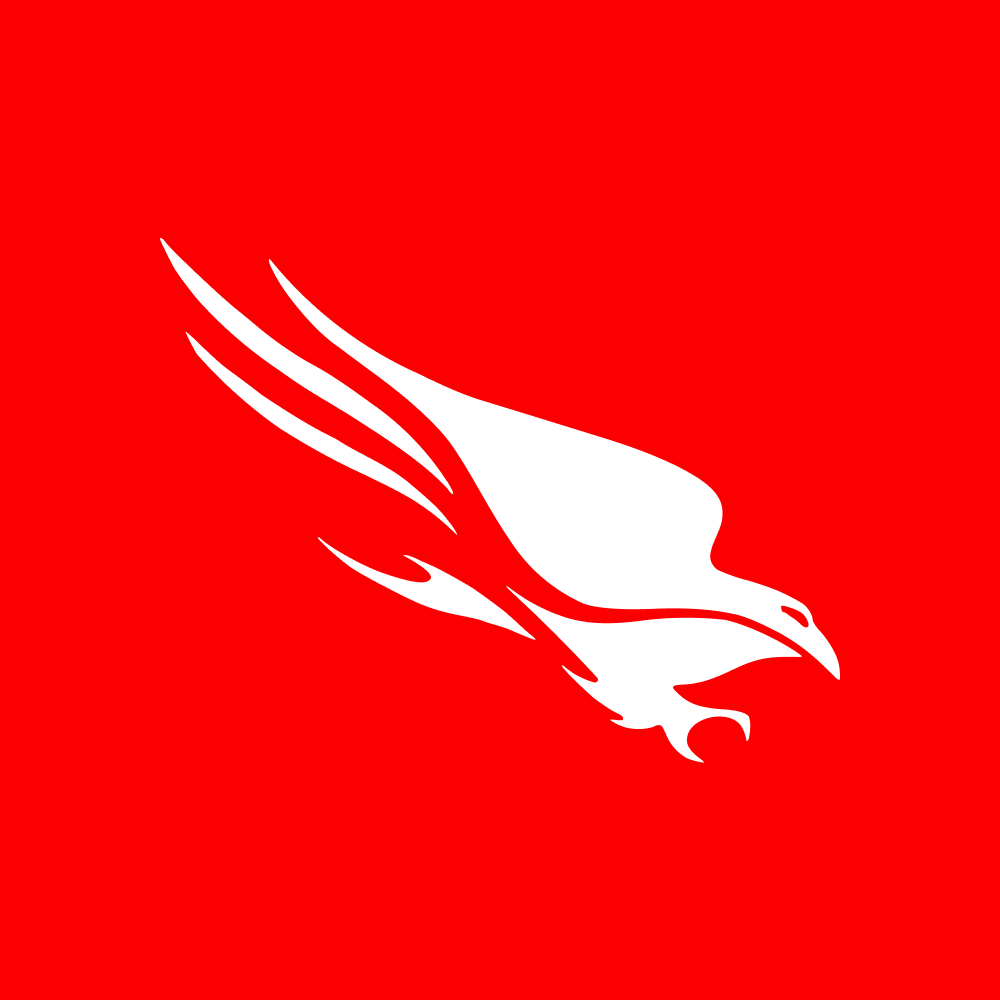Advertisement|Remove ads.
Elon Musk Says Tesla Will 'Roughly Double' Austin Robotaxi Fleet Amid Soaring Demand And Rising Competition

- Musk’s pledge follows rider complaints about long waits and limited availability in Tesla’s supervised Austin robotaxi pilot.
- The move comes as Waymo accelerates U.S. expansion with fully driverless freeway service across major metro regions.
- Analysts highlighted Tesla’s progress on Full Self-Driving and upcoming feature upgrades, including improvements to reasoning and parking decisions.
Tesla CEO Elon Musk said the company plans to “roughly double” the size of its robotaxi fleet in Austin next month, responding to growing complaints from riders who say the service has become difficult to access due to high demand and limited vehicle availability.
Musk made the comment on X on Tuesday after a user detailed repeated unsuccessful attempts to hail a Tesla robotaxi across several locations and times in Austin, receiving only “High Service Demand” notices. Tesla investor and influencer Sawyer Merritt added that many users have reported long wait times or no availability, saying the current fleet is too small to meet rising demand.
Pilot Still Supervised, Demand Outstripping Supply
Tesla is operating the service as a supervised pilot, requiring a safety monitor to sit in the front passenger seat. The company has separately applied for a permit to begin testing without a human operator in the vehicle. The Austin program remains far smaller than competitors like Waymo, which now runs fully driverless freeway service across the San Francisco Bay Area, Los Angeles, and Phoenix.
Tesla’s Austin fleet is estimated at around 30 vehicles, and Musk’s pledge to double that total signals an effort to address accessibility issues as the program scales.
The comment also comes as Tesla continues to expand its autonomous ambitions in parallel. Last week, Musk said he expects a “major valuation change” once Tesla achieves unsupervised self-driving at scale and an “even larger valuation change” when its humanoid robot, Optimus, reaches mass production.
Competitive Pressure Intensifies
The exchange arrives amid heightened competition following Waymo’s expansion of driverless freeway service across Northern California. Musk responded to Google’s Jeff Dean last week with a terse “Game on,” signaling renewed competitive tension.
While Tesla’s real-world driving data pool far exceeds that of rivals, which is a key advantage analysts say could accelerate autonomy development, Waymo currently maintains a commercial lead, operating hundreds of thousands of fully autonomous paid rides each week.
Ark Invest analyst Daniel Maguire said in August that Tesla could still dominate the U.S. robotaxi market over time due to its global fleet size, data collection advantages, and vertically integrated manufacturing, forecasting that robotaxis could account for roughly 90% of Tesla’s enterprise value by 2029.
Analysts Point To Progress In FSD And Rollout Plans
Last week, BTIG analyst Stephen Gengaro cited meaningful progress in Tesla’s Full Self-Driving technology. He said upcoming updates will introduce new reasoning features, including improved parking decision-making, and added that Tesla is expanding its robotaxi presence in Austin and the Bay Area, with plans to enter eight to 10 metro areas by the end of 2025.
Tesla has said it aims to produce 2 million–4 million Cybercabs annually once its next-generation manufacturing platform ramps up, enabling a larger nationwide robotaxi network.
Stocktwits Users See Short-Term Heat, Long-Term Fear
On Stocktwits, retail sentiment for Tesla was ‘neutral’ amid ‘normal’ message volume.

One user said they remain bearish on Tesla long term but see the current rally as a burst of 1999-style market. They planned to ride short-term upside with leveraged longs, take brief shorts on dips, and wait until late December near Q4 deliveries before placing larger put bets, calling the market environment “crazy.”
Another user pointed to overnight action above $421 as a bullish setup, expecting an intraday push toward $450 and planning to add shares in pre-market ahead of an anticipated rate cut.
Tesla’s stock has risen just about 4% so far in 2025, grossly underperforming the benchmark S&P 500 and Nasdaq indices, as shrinking auto margins, falling EV sales in key regions and the expiry of a federal credit for electric vehicle purchases have tempered optimism over the company’s plan to focus more on AI and robotics.
For updates and corrections, email newsroom[at]stocktwits[dot]com.












/filters:format(webp)https://news.stocktwits-cdn.com/large_trump_canada_jpg_0f117ea8e7.webp)
/filters:format(webp)https://news.stocktwits-cdn.com/jaiveer_jpg_280ad67f36.webp)
/filters:format(webp)https://news.stocktwits-cdn.com/large_Getty_Images_2166123192_jpg_1bb818cd90.webp)
/filters:format(webp)https://news.stocktwits-cdn.com/Aashika_Suresh_Profile_Picture_jpg_2acd6f446c.webp)
/filters:format(webp)https://news.stocktwits-cdn.com/large_Getty_Images_2215390052_jpg_84ddd1faac.webp)
/filters:format(webp)https://news.stocktwits-cdn.com/shivani_photo_jpg_dd6e01afa4.webp)
/filters:format(webp)https://news.stocktwits-cdn.com/large_immunitybio_jpg_eb6402d336.webp)
/filters:format(webp)https://st-everywhere-cms-prod.s3.us-east-1.amazonaws.com/unnamed_jpg_9dff551b50.webp)
/filters:format(webp)https://news.stocktwits-cdn.com/large_Core_Civic_resized_jpg_120d89cac4.webp)
/filters:format(webp)https://st-everywhere-cms-prod.s3.us-east-1.amazonaws.com/Rounak_Author_Image_7607005b05.png)